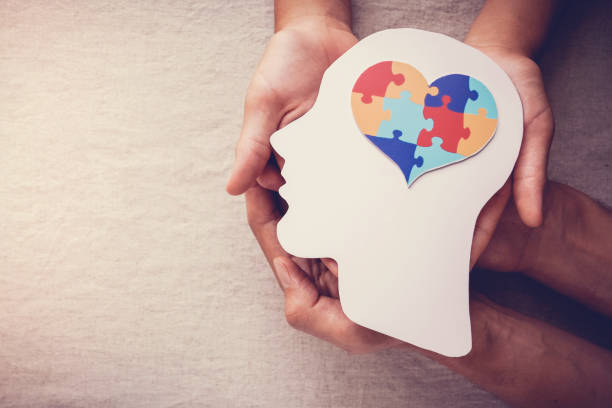Five ways to improve your wellbeing

As part of my Kickstart Journey I was tasked with writing an article around Wellbeing. On researching the topic I found the NHS’s Five Ways To Wellbeing and I thought it would be useful to share my findings with you.
Our emotional, psychological, and social well-being are all parts of our mental health which can affect how we feel, think and act. It is an important part of every stage of your life as it can help you determine how to handle stress, make healthy choices, and relate to others. There are a range of things you can do to improve your mental health and wellbeing; evidence suggests that there are 5 steps which can help improve it.
Step 1: Connecting with People
One of the things you can do is connect with people, this can help build a sense of belonging and self-worth, give you opportunities to share positive experiences and provide emotional support and allow others to support you. This can be done my arranging times to do activities with families, meeting up with friends, talking or playing games instead of watching TV with surrounding people. Its also possible to volunteer at schools, hospitals, or community groups to help connect with others around you. When trying to connect with others try avoiding relying solely on technology/social media to build your relationships as this can become a habit.
Step 2: Being Active
The next step states that being physically active can improve both physical health and mental wellbeing; it does this by raising self-esteem, helping you set goals/ challenges and achieving them, and helps positively boost your mood due to chemical changes. There are a range of resources in the NHS link below to help you exercise for free, there is also an NHS app called “Couch to 5k” to help you start running. Taking part in physical activity doesn’t have to be difficult, it could be simple changes such as walking instead of short car journeys, getting off public transport one stop earlier or picking the stairs instead of the lift.
Step 3: Learning New Skills
Thirdly, you can learn new skills. You may not feel the need to learn new things or have enough time to do this however, you can bring learning into your life in a variety of ways. Things such as learning a new recipe, taking on a new work responsibility, or working on a DIY project can help boost your self-confidence/self-esteem, build a sense of purpose and can help you connect with others. If you have more time available, you could try signing up for a course at your local college or trying a new hobby that challenges you. The most important part of learning is that you find something you enjoy so you can easily make them part of your life.
Step 4: Giving to Others
The fourth step is to give to others which can help create positive feelings, a sense of reward, give you a feeling of purpose and self-worth and help you connect with others. Acts of giving and kindness can be small actions towards other or bigger ones which aid your local community. These could be things like volunteering in your community, spending time with friends/relative who need support, offering help with DIY or work projects, or saying thank you to someone for something they have done for you.
Step 5: Mindfulness
Finally, last step is mindfulness, this means paying more attention to the present moment including things like your thoughts and feeling, your body as well as the world around you. By being this aware of the present moment you can understand yourself better and help positively change the way about life and your approach to challenges.
For more information on way to improve your mental wellbeing you can visit the NHS website : https://www.nhs.uk/mental-health/self-help/guides-tools-and-activities/five-steps-to-mental-wellbeing/

Post by Emily Lain
Finance and Audit Coordinator
Emily is one of the Finance and Audit Co-ordinators for Better Connect. She started this role in January 2022 after finishing her time on her Kickstart role . Her responsibilities now include checking financial claims, audit work, elements of book keeping, and maintaining partner relationships. For Emily, the best parts about the job are the welcoming environment created by everyone, and knowing that the work she’s doing is helping to make a difference in people’s lives.
Learn more about Emily